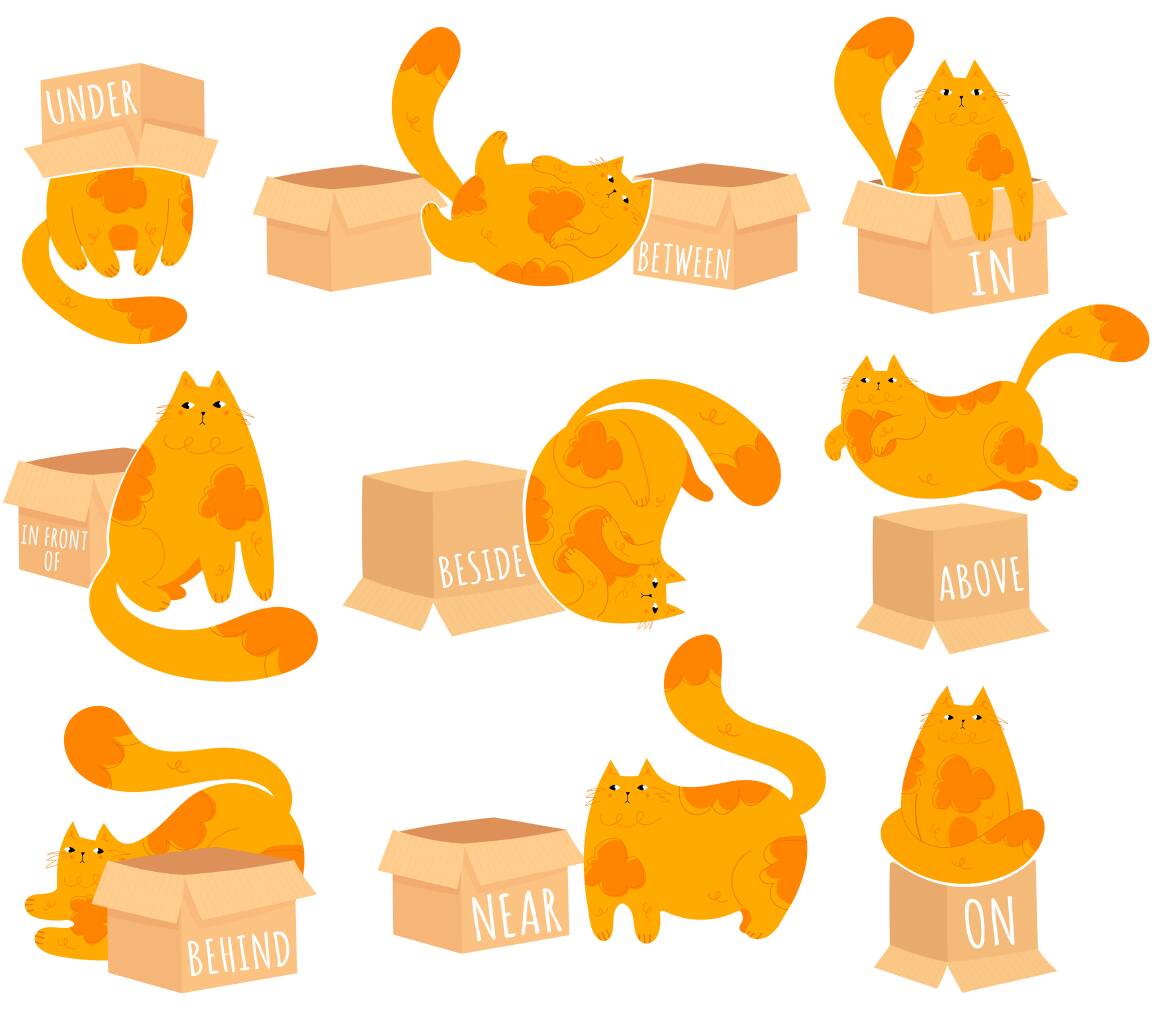If you spend any amount of time writing words that end up in the public domain, you quickly learn there are a few inevitabilities about the job.
The first is that you will develop a deeply personal relationship with a particular typo; we all have that one word that, no matter how many times we write and read over our own copy, always seems to slip through. Mine is "hospital", which I regularly misspell as "hopsital" because there is a certain rhythm that comes with writing the word on a laptop keyboard under deadline pressure that puts the 'p' on the wrong side of the 's'.
I'm certain that just about every long-suffering editor of mine has, at some point, genuinely wondered if English was my first (or even my second) language as they tirelessly defragment words at the 11th hour.
One lesson, learnt after a particularly fraught day for typos (I must have been writing in the dark that day because, sheesh!), my boss pulled me aside and offered a piece of advice that is permanently printed on the inside of my brain: "No one will notice the 800 words you got right, but everyone knows the one you got wrong".
Which brings us to the second inevitability that, if you're lucky, your copy will one day land in front of a grammarian reader who will readily and helpfully write you an email about the words you let slip through the net. And if there is one thing that rankles a grammarian more than any other linguistic slight, it's a sneaky Americanism jellying up the jam of our good and proper Australian English.

Friend of Topics Robin Gordon quickly picked up one such sly phrase that managed to sneak into the Newcastle Herald's July 10 edition and reached out this week with some constructive criticism that has since sent me down a rabbit hole of grammatical curiosity.
Regular readers might remember that Topics on July 10 carried the line "Clear as math" (a loose, but intentional play on the idiom "clear as mud" referencing a little arithmetic problem of a few weeks earlier). But it was a phrase that Robin rightly points out uses the Americanism "math" in place of the UK/Australian English abbreviation "maths".
"We have more than adequate words and correct grammar in our English language for every occasion, and American English is not needed," Robin wrote, such that I thought the idea was worth investigating.
Why are we so averse to seeing an occasional Americanism in our particular derivation of English? And should that same aversion be fairly applied wholesale to the other outer-regional influences on our grammatical style?
Before we get too carried away putting the language on trial, though, let's first lay out the agreed set of facts.
Robin is, I happily concede, absolutely right in arguing that Australian English is the standard and it doesn't always include space for Americanisms in the lexicon.
It's also an agreed fact that the abbreviation "math" for "mathematics" is peculiar to the American and Canadian standard and most other English-speaking parts of the world prefer "maths".
However ...
While there are undeniable regional preferences for words like "maths" and "math", "sport" and "sports", and invariably some of those preferences have hard boundaries (no one is arguing we should start spelling "colour" without the 'u', or "aluminium" without the "-ium") it's worth considering that common usage is an often overlooked consideration when we're talking about what "proper" English is and isn't.

Since about the 1920s, according to usage trends, "math" has been the more commonly used abbreviation and its popularity over "maths" has been on an exponential rise since the 1980s.
Even in the UK, from where our Australian English borrows much of its grammatical stylings, "math" has overwhelmingly been the more popular abbreviation after exploding in use around the turn of the millennium.
Regional preferences aside, common usage is the reminder that our language is a living thing; it changes and adapts, soaking up and reflecting the influences on our culture from all parts of the world (America included).
While no one is arguing that grammatical rules aren't important, the way we adapt and change the way that words and phrases are used tells the story of our culture just as much as anything else.
What's more, a strict adherence to any set of rules from one point in the scale could quickly turn into a slippery slope. Our grammatical rules are important, but in the big picture they're a snapshot of a language that is constantly in motion.
The comma, for example, is one of the most common grammatical symbols in Australian English. (I've used just shy of 50 of them in this article alone). Commas are everywhere, but one thing they aren't is uniquely Australian.
The modern comma is Italian, and came to us from the 15th Century Venetian printer Aldus Manutius (who, incidentally, also gave us the semicolon), and he borrowed it from the Greeks; first use, according to grammatical historians, belongs to the comic playwright Aristophanes who used a series of dots and dashes to signify breaks in speech.
The ampersand, another example, can be traced to 8th Century Pompeii and the modern apostrophe is likely the the addition of the French printer Geoffroy Tory around the 16th Century. Tory is, while we're mentioning him, credited with a couple of other grammatical symbols including the accent and the cedilla.
The word "apostrophe" is another Hellenic addition to the lexicon, along with an absolute linguistic lump of others including but not limited to the one that started all this; "mathematics".
Where do we (excuse the pun) draw the line?
Robin makes the important point that our shared language is a thing of beauty and we need to preserve it; we have to look after it. I couldn't agree more.
But surely there is a case to be made that the way our living language is used - the way it responds and bends with our culture and our history - is as much a part of that beauty as the conventions that form up the foundations.
Food for thought.
More from Topics
-
'Sketchy' W App by Slay developer has parents and experts concerned
- Emma's Warriors charity established to support kids facing toughest health battles
- Finding motivation to improve fitness to beat the winter SADs
- Pauline Potts turns 105 years old at Waratah in Newcastle, arguably the Hunter's oldest resident







